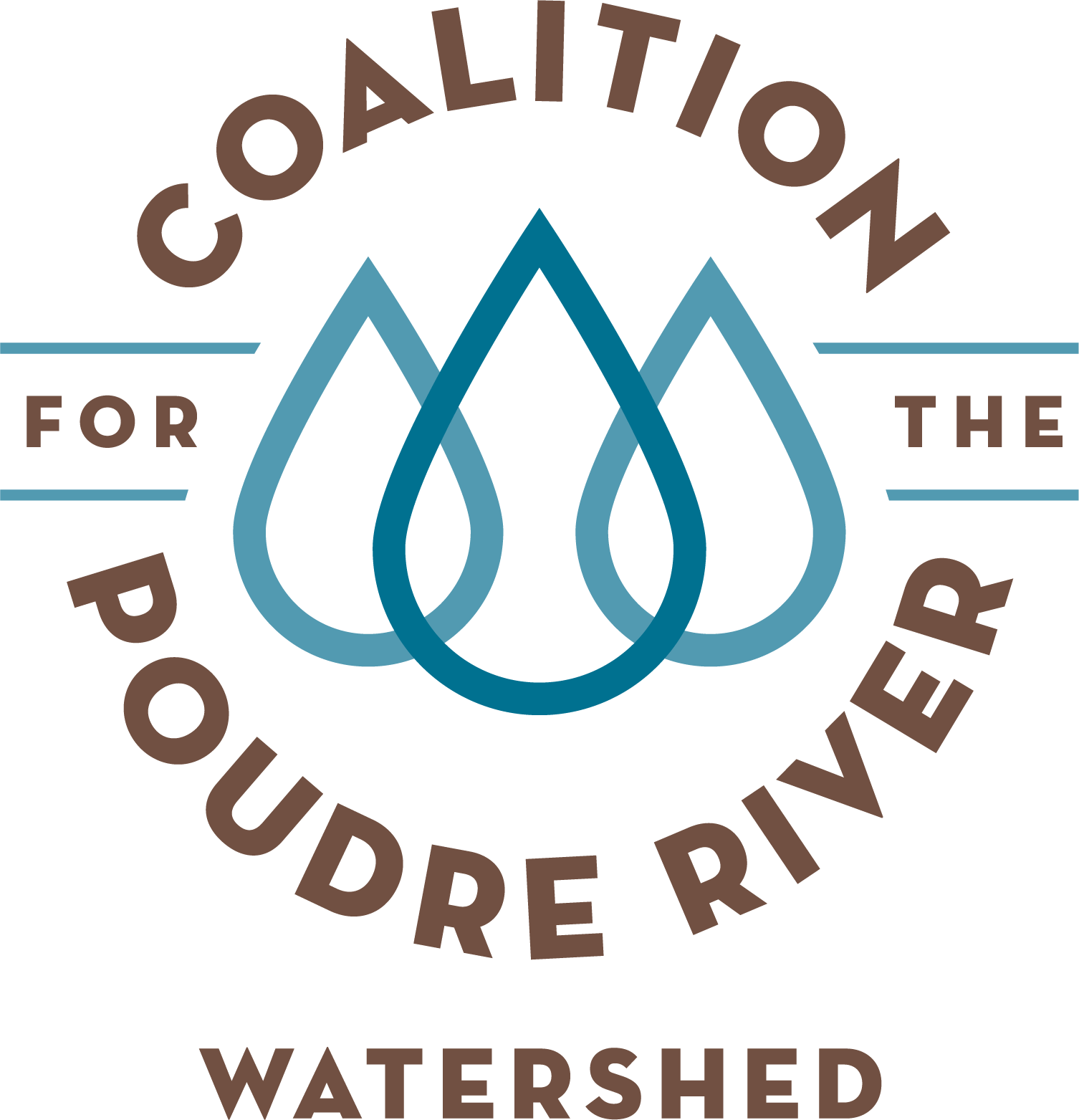The River Health Assessment Framework (RHAF)
The RHAF was developed to meet the needs of land managers, community members, policymakers, river advocates, scientists, and others concerned about the state of the Poudre River and the myriad of challenges the river faces. It incorporates eight years of field assessments from the river’s headwaters to its confluence with the South Platte River. The RHAF provides a unified and consistent approach to collecting data and monitoring river health to guide restoration and management actions for the entire watershed.
Results from previous RHAF assessments have informed major river restoration projects, water quality protection efforts, and watershed master planning. These actions have improved the health of the Poudre River and its ability to provide services to the over 500,000 people in the river’s watershed.
The RHAF will help all stakeholders in Northern Colorado collectively take action to protect and restore river health and vital services to humans and the environment.
The RHAF leverages lessons learned from three separate sampling efforts in the Poudre River’s Upper, Middle, and Lower Watershed.
Previous Efforts
The RHAF leverages lessons learned from three separate sampling efforts in the Poudre River’s Upper, Middle, and Lower Watershed.
In 2015, the City of Fort Collins developed the first iteration of the RHAF, adapting the Functional Assessment of Colorado Streams to specific assessment needs of the Poudre River.
The RHAF was implemented in 2016 to provide the first-ever State of the Poudre River and Report Card for the river’s Middle Watershed.
CPRW and partners implemented the RHAF in 2017 to support the Lower Poudre River Flood Recovery and Resilience Master Plan and in 2020 for the State of the Upper Poudre River Watershed River Health Assessment.
While the scope and purpose of these river health assessments differed, all three used common elements outlined in the original RHAF. With the completion of these assessments, CPRW and its partners set out to develop a single, unified RHAF for the entire Poudre River watershed and an approach to assessing river health that is consistent, comparable, and scientifically sound.
The outcome of that effort is the 2024 RHAF, which provides context to decision-makers and others interested in the health of the Poudre River watershed. It also provides an updated methodology to support future river and stream assessments.
A collaborative Project
The Coalition for the Poudre River Watershed (CPRW) developed this River Health Assessment Framework (RHAF) with a diverse group of partners and funders who made this project possible. The project team would like to give special thanks to past, present, and future community members who work tirelessly to support the Cache la Poudre River (Poudre River).
Contributing Authors
Hally Strevey, Coalition for the Poudre River Watershed
Cory Dick, Coalition for the Poudre River Watershed
Jared Heath, City of Fort Collins Utilities
Richard Thorp, City of Fort Collins Utilities
Julia Feder, City of Fort Collins Natural Areas
Bernadette Kuhn, City of Fort Collins Natural Areas
RHAF development was supported by previous work from Johnson Environmental Consulting and Stillwater Sciences
Partners
Andy Herb, Alpine Eco
Kelen Dowdy, City of Greeley Water & Sewer
Becky Pierce, Colorado Department of Transportation
Joanna Lemly, Colorado Natural Heritage Program
Dr. Matt Ross, Colorado State University
Dr. Sharon Bywater-Reyes, University of Northern Colorado
David Rees, Timberline Aquatics
Funders
City of Fort Collins
Colorado Water Conservation Board
Mighty Arrow Family Foundation
Editing and Graphic Design
Megan Maiolo-Heath, Coalition for the Poudre River Watershed (Graphic design)
Garfinkel + Associates (Technical editing)


